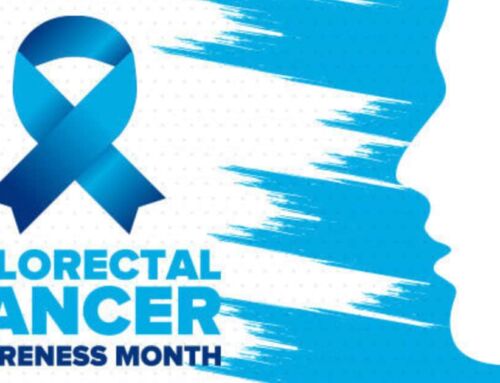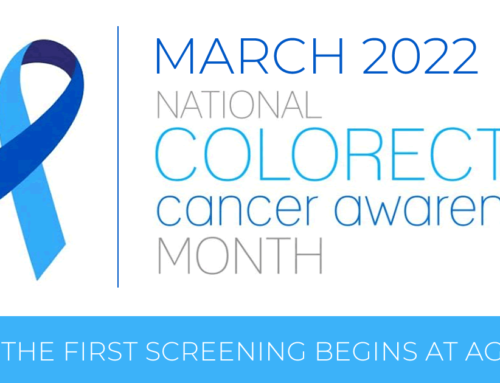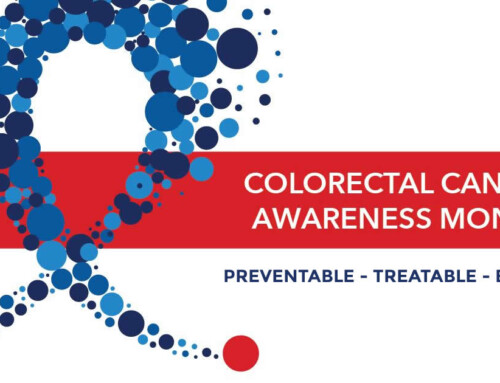I have had a lot of teachers in my lifetime. However, there is one that sticks in my mind for several reasons. I have called him Mr. H. since I was a child. I had Mr. H as a teacher in elementary school and he has been one of the most influential people in my life. I remember when he notified me a couple years ago to tell me he was diagnosed with colon cancer. If you have been around long enough, colorectal cancer has likely touched your life in one way or another. His colon cancer was found during colonoscopy and luckily it was caught early enough and he has been cured. Unfortunately, as a board-certified gastroenterologist in San Antonio TX, I still see too many that are found too late. I still keep in touch with Mr. H. and met him for lunch this summer when I was back visiting my hometown. He is an amazing individual and still has so much to offer to this world, and because he had his colonoscopy in time, he will be able to. I’ve decided to write this blog post to provide colonoscopy information for San Antonio TX residents to help bring additional awareness on how this cancer can be detected and potentially prevented.
Preventative healthcare can be life saving, as in Mr. H’s case. The key for me as a physician in San Antonio, TX is to increase participation levels through education. I don’t want any of my patients getting colon cancer. In the United States, colon cancer is the third most diagnosed cancer and the second leading cause of cancer death. Most cancers, especially colorectal cancer, are preventable or curable when caught in time. The American Gastroenterological Association (AGA) guidelines state that adhering to the screening recommendations of the AGA can improve prognosis and lead to increased treatment options for people who are diagnosed with colon cancer. The guidelines are to obtain a screening exam (colonoscopy) starting at age 50. If there is family history of colon cancer than you should have your first colonoscopy by age 40 or 10 years earlier that the age at which your relative was diagnosed with colon cancer.
Colon cancer typically results from uncontrolled growth of cells in the colon in the form of a colon polyp. Colon polyps are small bumps or masses of abnormal cells on the inside lining of the colon. If left undetected, some polyps have the potential to grow into a colon cancer. The goal with preventative healthcare is to find and remove these polyps with colonoscopy and prevent them from becoming colon cancer. If polyps are found during your colonoscopy your will then be put on a surveillance program to monitor for future polyp development. This is how we can help prevent colon cancer in you.
The best way to find and remove colon polyps is with colonoscopy. This is a procedure where a thin flexible tube with a camera on the end is slowly advanced along the length of the colon. I will tell you from personal experience it is not a painful procedure. I had my first colonoscopy at age 40. As a gastroenterologist, I have seen too many people get their screening colonoscopy to late and had advanced colon cancer by the time they were seen. I did not want to be one of those. During the colonoscopy you are put to sleep by an anesthesia provider so it was painless and I was very comfortable. I awoke a short time later in the recovery area, feeling a little more gassy than normal, but relieved that I had no polyps. The bowel prep the night before isn’t something I would want to do everyday, but knowing that I won’t need it for 10 more years – I can live with that. Colonoscopy is also a very safe procedure when done by an expert like a gastroenterologist.
Like most things in life, having a colonoscopy is not free. There are costs related to the facility and staff where the procedure is done, the anesthesia to make you safe and comfortable, the physician doing your exam and the pathology if polyps or cancer is found. These costs are covered by most all health insurance plans. They also vary depending on what insurance plan you have. All of the related costs can be explained to you prior to your exam by my business office. Also, you can call my office to see if you qualify for an Open Access Colonoscopy, which allows you to save the time and expense of an office visit prior to the procedure. Don’t let the cost of a colonoscopy be a roadblock to getting needed preventative medicine. The life you save may be your own, just ask Mr. H.
Written by: Russell Dean Havranek, MD



